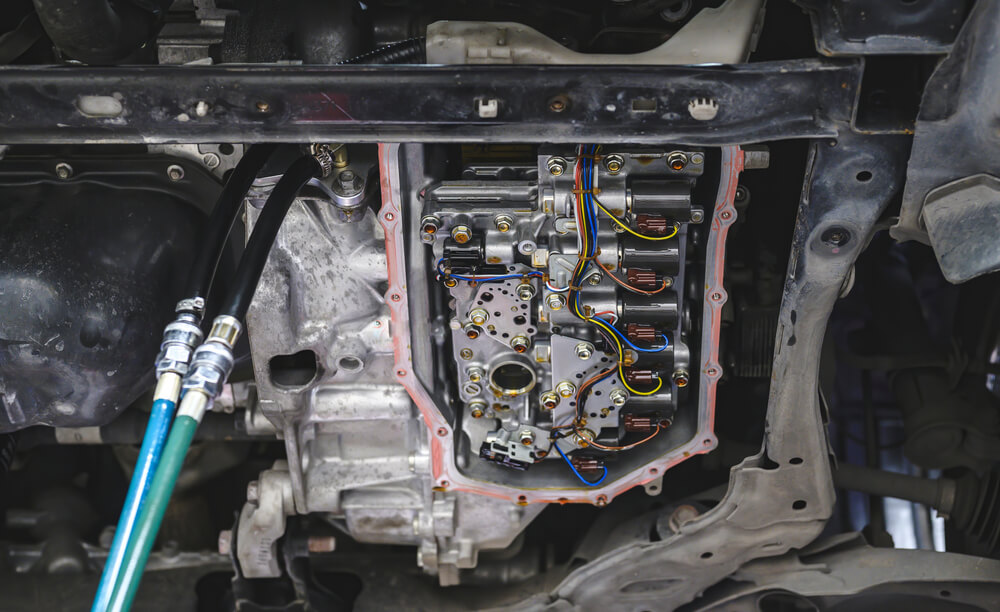
Symptoms of a clogged transmission filter
Any vehicle with an automatic transmission has a fluid that flows through the transmission to ensure its smooth performance. The fluid passes through a transmission filter, which is responsible to remove dirt, metal particles, or any other debris from the fluid. Over time, the gunk gets deposited in the filter, resulting in clogging.
Clogging of the filter can hinder the flow of the fluid into the transmission. Without the proper fluid flow, the transmission isn’t well lubricated and it can lead to overheating. To keep your vehicle safe on road, you must ensure your transmission is in good working condition.
Here are some warning signs to notice if the transmission filter is clogged. Get a mechanic to fix the problem before it damages your transmission.
- If you smell a burning odor, it’s most likely to be coming due from a clogged filter. When the transmission fluid doesn’t flow through the filter to lubricate the moving components, there’s heat generated in the system. This heat causes the fluid build-up on the filter to start burning. The smell can be noticed quickly, and you should immediately get a mechanic’s attention.
- Fluid leaks: When the fluid doesn’t flow smoothly into the transmission, the internal components such as seals and gaskets may experience premature wear and tear, or get loose. Such cases can result in leakage in the system and need immediate attention from a mechanic.
- It is difficult to switch gears without ample lubrication for their proper functioning. If you notice that your car isn’t shifting gears smoothly, or if it seems slippery, it’s best to get your transmission checked by one of our expert technicians and fix the clogged filter immediately.
- When the transmission fluid gets blocked and doesn’t lubricate the system, you may even hear rattling noises, such as metals hitting against each other. A clogged filter can also cause sounds when your vehicle is in neutral, as the contaminants are still in the system making strange sounds in the process.
When the filter becomes blocked, it cannot perform its function of removing dirt from the transmission fluid. This can cause debris and dust particles to accumulate inside the system. Hence, it’s necessary to get the filter checked regularly to make sure it’s free from clogging.
It’s advisable to replace the filter every two years or every 40,000 km, depending on your vehicle’s usage. We suggest transmission issues must be fixed immediately to avoid any serious damage to the vehicle. Visit our outlet if you have experienced any of the above-listed signs, and our team can flush the fluid, replace it with clean fluid, and even install a new filter.


